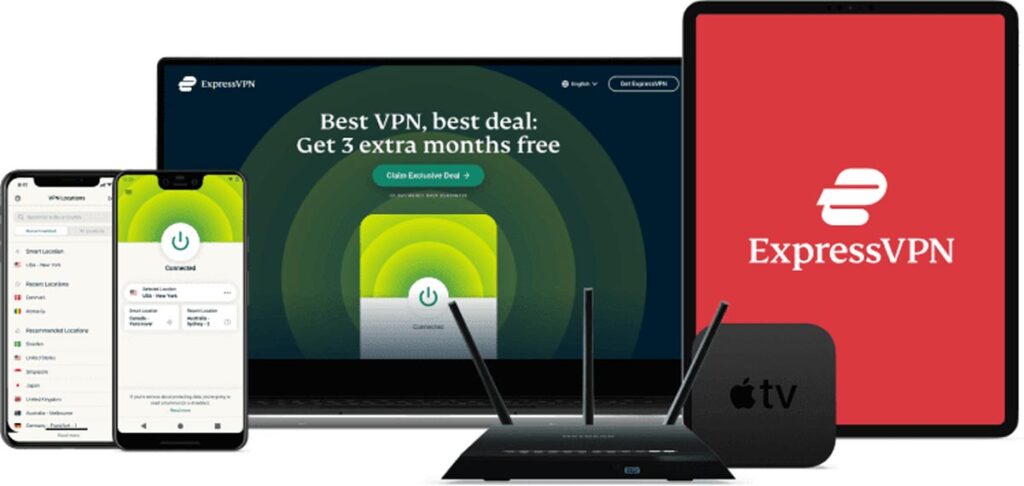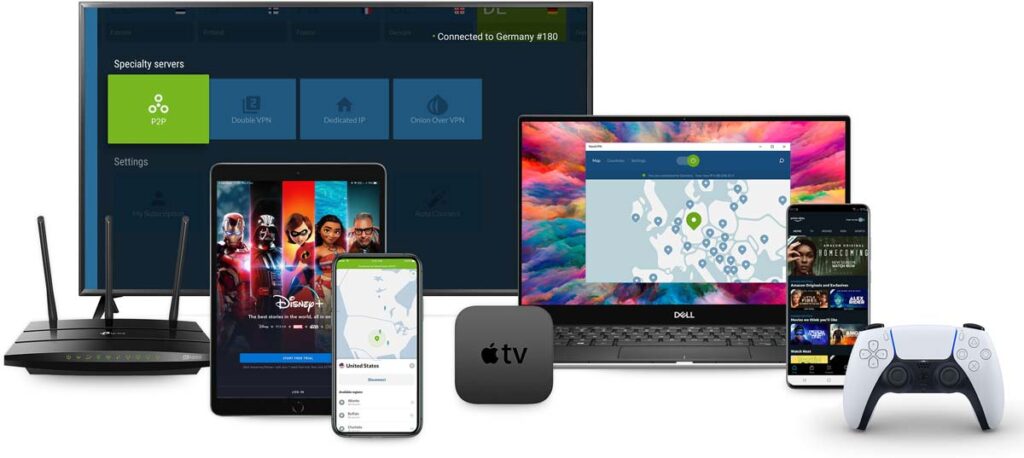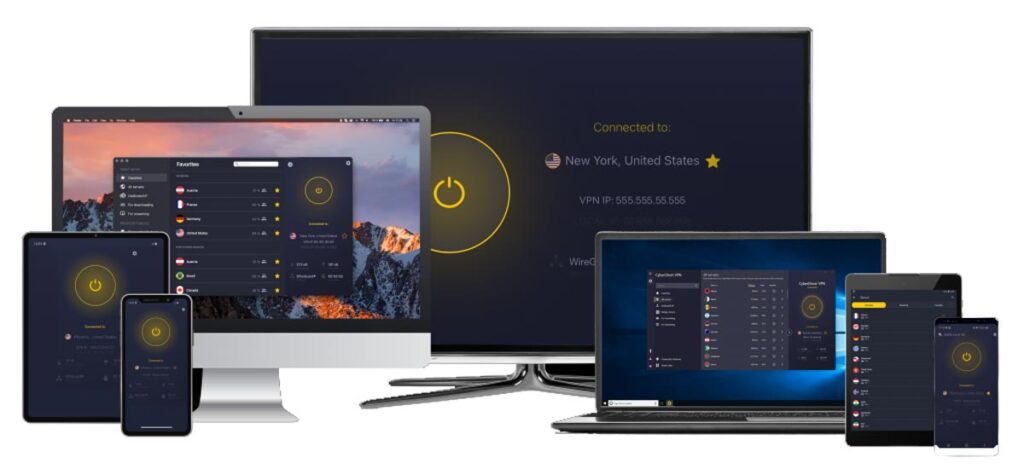Why You Should Never Use a Free VPN (And What to Do Instead)

In a world where online privacy is under constant threat, using a VPN has become more of a necessity than a luxury. But here’s the catch — not all VPNs are created equal. Free VPNs may look tempting at first, but they come with a heavy hidden cost: your security, your data, and your peace of mind.
In this article, we’ll unpack the real dangers behind free VPNs, reveal why they’re often worse than having no VPN at all, and guide you on what to use instead for true online freedom and privacy.
Reasons Why You Should Never Use a Free VPN
Let’s break down the truth behind the curtain.
🕵️♂️ 1. Free VPNs Sell Your Data
When a service is free, you are the product. Free VPN providers still need to make money — and they do it by monetizing your personal data.
This includes:
- Your browsing history
- Your IP address
- Device information
- App usage data
- Location data
Many free VPNs log this information and sell it to advertisers, third-party trackers, or even shady analytics firms. This completely defeats the purpose of using a VPN for privacy.
💡 Fun Fact: A 2020 study of 283 free VPN apps found that 72% had embedded third-party tracking libraries. Let that sink in.
🛑 2. Most Free VPNs Are Filled with Ads and Malware
Free VPNs often bombard users with ads, popups, and redirects to shady sites. But it doesn’t stop there.
Many free VPN apps — especially on mobile — are riddled with malicious code, spyware, or even trojan horses designed to:
- Steal your credentials
- Inject unwanted ads
- Monitor your activity
- Hijack your browser
This puts your identity, devices, and even your finances at risk.
⚠️ 3. Weak Security Protocols = Unsafe Browsing
Premium VPNs use strong encryption protocols like AES-256, OpenVPN, and WireGuard. These are military-grade tools that truly secure your data.
Free VPNs, on the other hand, often rely on outdated protocols or don’t encrypt your traffic at all. This leaves you vulnerable to:
- Hackers on public Wi-Fi
- Data leaks
- DNS hijacking
- IP exposure
Essentially, you might think you’re safe while using a free VPN — but in reality, you could be wide open to attacks.
🔓 4. Free VPNs Can Leak Your IP & DNS Info
The job of a VPN is to hide your real IP address and route your data through secure servers. But many free VPNs fail miserably at this.
They are prone to IP leaks, WebRTC leaks, and DNS leaks, which means:
Your real identity and location can still be tracked by websites, advertisers, and surveillance agencies.
So even though you’re “connected,” your actual privacy is compromised.
🐢 5. Free VPNs Are Painfully Slow
Because free VPNs offer limited servers and bandwidth, they get overcrowded quickly. This causes:
- Slow browsing
- Laggy video streams
- Constant disconnections
They also throttle your speeds, making tasks like gaming, streaming, or even opening basic websites frustratingly slow. 😤
🚫 6. They Don’t Unblock Streaming Services
Let’s face it — one big reason people use VPNs is to unblock Netflix, Hulu, BBC iPlayer, or other region-locked platforms. 📺
Free VPNs are easily detected and blocked by these services. So when you try to connect, you’ll likely see an error like:
“Whoops, something went wrong… You seem to be using an unblocker or proxy.”
That’s because free VPNs reuse the same IP addresses, which get flagged almost instantly. You won’t be watching your favorite shows anytime soon. ❌
🚫 7. You Can’t Trust Who’s Behind the VPN
Many free VPNs are operated by unknown companies with no transparency. Some don’t even list their physical location, team members, or privacy policy.
Worse, a number of free VPNs are linked to companies in countries with strict surveillance laws, such as China or Russia.
Would you trust your private data with a company you know nothing about?
🚫 8. You Risk Getting Banned or Locked Out
Using a suspicious or shady VPN IP can trigger red flags on websites, social media platforms, or banking services. Some sites may:
- Temporarily block your access
- Ask for endless captchas
- Lock your account for “unusual activity”
This is a common complaint among free VPN users. The risk? Losing access to your email, social accounts, or even digital wallets.
💡 What You Should Use Instead
Now that we’ve cleared up why you should never use a free VPN, the next logical step is: What should you do instead?
✅ Use a Premium VPN (And Here’s Why)
Paid VPNs come with a small monthly cost — but offer massive value in return.
Here are a few top choices:
🔐 1. ExpressVPN – Best Overall VPN in 2025

🌍 Based in the British Virgin Islands – no data retention laws
Features:
- Ultra-fast Lightway protocol
- 3,000+ servers in 105 countries
- Strong AES-256 encryption
- No logs policy (audited)
- Works with Netflix, Hulu, Disney+, etc.
- Apps for all devices (iOS, Android, Windows, routers)
- 24/7 live chat support
🔘 Best for streaming, privacy, and speed.
👉 30-day money-back guarantee
🛡️ 2. NordVPN – Best for Security

📍 Based in Panama – excellent privacy jurisdiction
Features:
- Double VPN encryption
- Threat Protection (ad/malware blocker)
- 7,100+ servers in 110+ countries
- Supports P2P and Onion over VPN
- Unblocks major streaming sites
- Meshnet for private device linking
🔘 Best for security-conscious users.
👉 30-day money-back guarantee
🌐 3. CyberGhost – Best for Beginners

🏢 Based in Romania – outside 14 Eyes
Features:
- One-click streaming/server options
- 11,700+ servers in 100 countries
- Dedicated IP option
- Automatic kill switch
- Apps for all platforms
🔘 Best for new VPN users who want simplicity.
👉 45-day money-back guarantee
Can’t Afford a Premium VPN? Here’s a Safe Alternative
If your budget is tight, look for VPNs that offer long trial periods or money-back guarantees. For example:
- ExpressVPN – 30 days free
- Surfshark – 30 days free
- CyberGhost – 45 days free
Use this window to binge your favorite content, browse safely, or test if a VPN suits your needs — without risk.
FAQs
Are all free VPNs dangerous?
Not all, but the vast majority come with significant privacy or performance risks. It’s safest to stick with trusted paid options.
Can I use a free VPN for Netflix?
Unlikely. Most free VPNs don’t bypass Netflix’s geo-blocks and will show proxy errors.
What’s the safest VPN for beginners?
ExpressVPN and NordVPN are both beginner-friendly and offer strong security with easy setup.
Can I try a paid VPN for free?
Yes! ExpressVPN offers a 30-day money-back guarantee, and CyberGhost goes up to 45 days.
Why do free VPNs track and sell my data?
Because that’s how they make money. You’re not paying them — advertisers are.
Final Thoughts
Using a free VPN might feel like a smart shortcut, but it’s often a trap that leads to compromised data, stolen privacy, and poor user experience.
✅ Instead, invest in a reliable, trusted VPN that respects your privacy and delivers what it promises — fast speeds, ironclad security, and real online freedom.
🎯 Don’t gamble with your digital safety. Choose a VPN that protects, not one that profits from you.